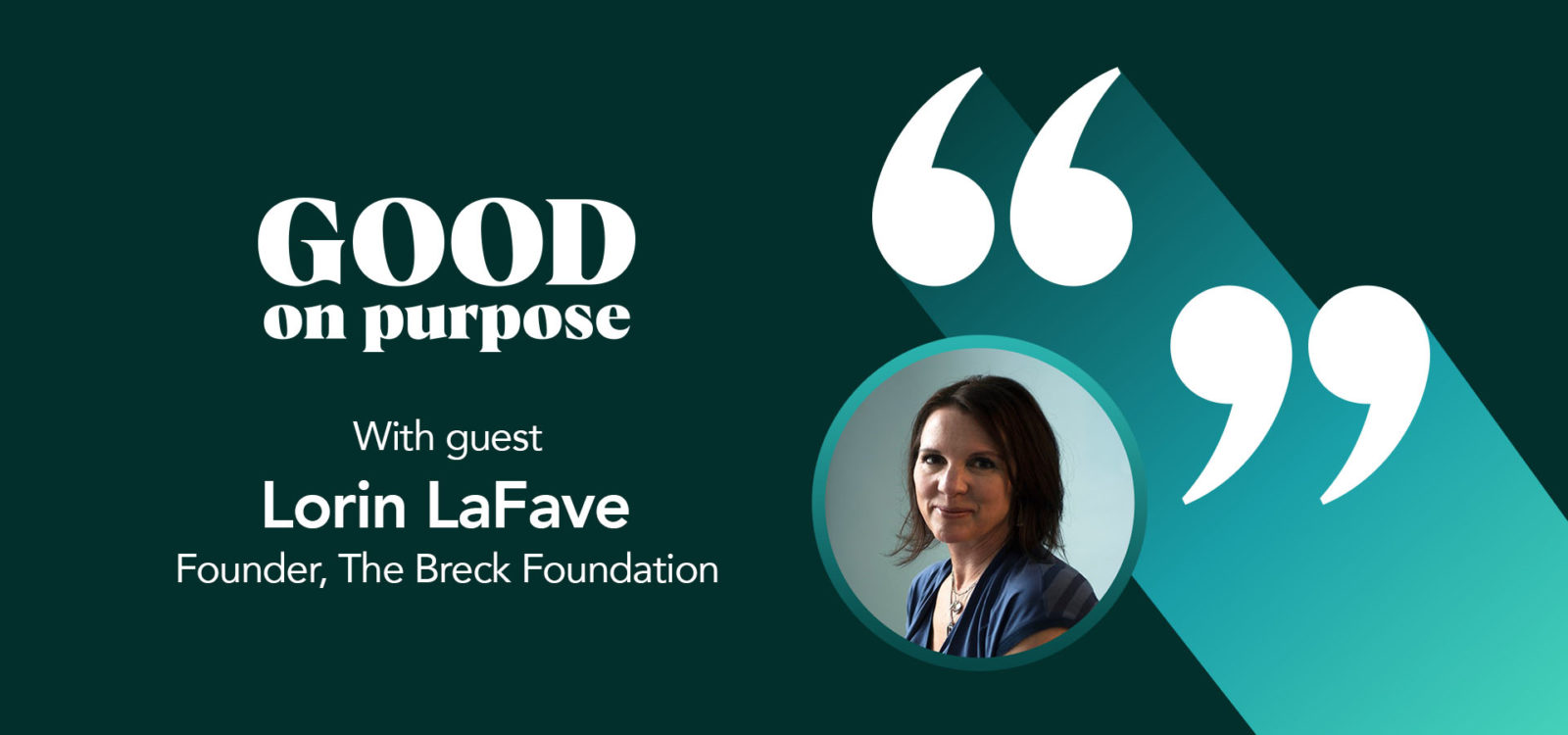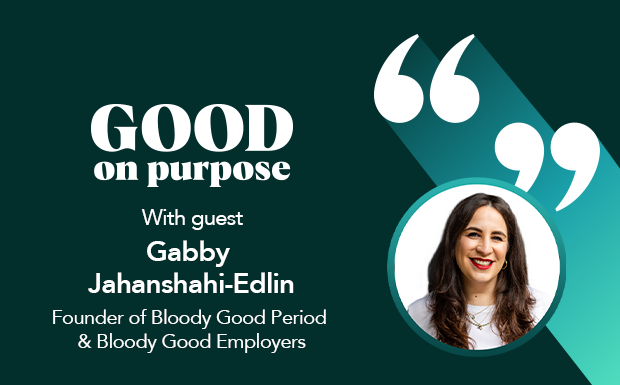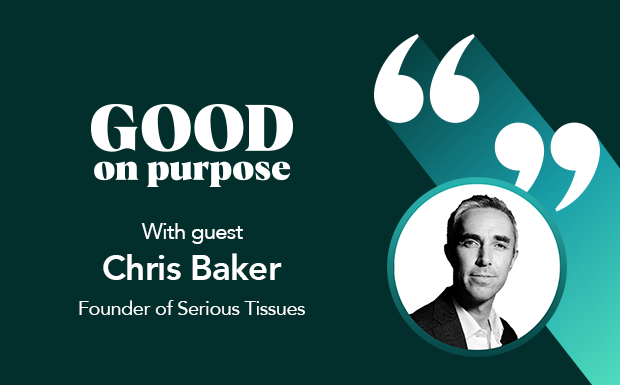
Lorin LaFave on: Keeping children safe online
This episode covers the sensitive topic of grooming, sexual violence and murder.
This episode features Lorin LaFave, the founder of The Breck Foundation, which campaigns for safer internet use for all children and young people.
It was set up after Lorin’s son, Breck Badner, was groomed in a gaming group by a predator, Lewis Daynes. In February 2014, Breck was lured to a meeting in Lewis’s flat, sexually assaulted and murdered at the age of just 14.
Today, The Breck Foundation campaigns to raise awareness and to educate on the issue of online safety – whether that’s during gaming, communicating via social media plus other internet-based activity.
Lorin tells us her story and helps us better understand what to look out for if you suspect someone is being groomed.
How things escalated to tragedy, even after her numerous attempts to seek help
It was the early days of children being groomed online, so [the issue] wasn’t being educated in schools, workplaces, or homes. People weren’t using the word grooming; if they did hear it on the news or talk about it, it usually referred to girls, drugs, sex, and gangs.
Nobody took me seriously when I said I felt Breck was being groomed online. He was an everyday schoolboy, did well in school and had good friends; people didn’t see his vulnerability. But we must recognise that even bright, tech-savvy, streetwise children will all have different vulnerabilities, and predators will find those to get to that child.
In the end, when the groomer knew I was on to him, he instructed Breck to keep the relationship secret. And once it goes underground and becomes secret, that makes it a lot more difficult for a parent to oversee and help and [then it] becomes so dangerous.
Striking a balance between giving children freedom and keeping them safe online.
I think what’s important from a parent’s and school’s standpoint is to talk to young people about these issues and not tiptoe around the subject.
I don’t think Breck or any of his friends were told that there were adults in this world [and] online who would like to lure them into illegal, dangerous, harmful sexual activity. I even felt like I was tiptoeing around it, trying to avoid offending Breck and not making him think that I thought he was doing something wrong or that I thought different types of relationships were inappropriate. So, we must discuss all this before a child might experience this behaviour, so they recognise the signs.
We [must] teach our children that it is a normal thing now to meet people online. But they also need to know the experiences that could harm them. We have to be honest and use real-life examples, which is why I think the charity I set up, Breck Foundation, has been so successful. Children will hear rules and roll their eyes like Breck and his friends did. It mustn’t be just about rules but about stories and real-life lessons that can help them navigate their world safely.
Collaboration is necessary to tackle online grooming
I equate it to using the World Wide Web, so it’s a worldwide issue. It’s a whole community issue. Just like if we saw a child being hurt in the street, we wouldn’t turn away. We must recognise that online crime is the same as face-to-face crime. We can’t just say it’s [i.e., online harassment] too difficult to monitor. They [platform owners] have to answer for what’s happening on their platforms and help make it safer.
With our work, we teach, campaign, and meet with MPs. We’re pushing to help the online harms safety bill go through and to be the best it can be. We also collaborate and support companies such as Yoti that do age verification.
I know that if I had primary school children, the last thing that I would want [is for them to] hang around with adults online; I wouldn’t let them do that at the park, so why would I let them do that on their devices? That’s one of the reasons why I’m supportive of age verification because at least it’s a step to ensure that our younger children are not engaged with adults.
Some of the great work of The Breck Foundation
A big moment was when we launched our film ‘Brecks Last Game’. It’s just a short film, but it gets people talking and thinking about what grooming is, and what it can look like because it can look so different.
We also have Breck ambassadors that sign up through the Volunteer Police Cadets. I love it because it means other people, especially young people, are doing peer-to-peer education and training.
After that, we created our play ‘Game Over’, which I was so proud of. It’s so engaging for secondary school pupils because it’s so hard-hitting. It only has young people performing so that they’re engaged with the issues and not just being talked at by adults. We also have special educational resources because we know that there are children who learn at different stages, and those who have special educational needs will have even more vulnerabilities.
We have speakers who cover the UK, but the pandemic forced us to be able to present online and whilst I don’t think it’s engaging enough for young children, it’s helped us reach more adults and parents.


